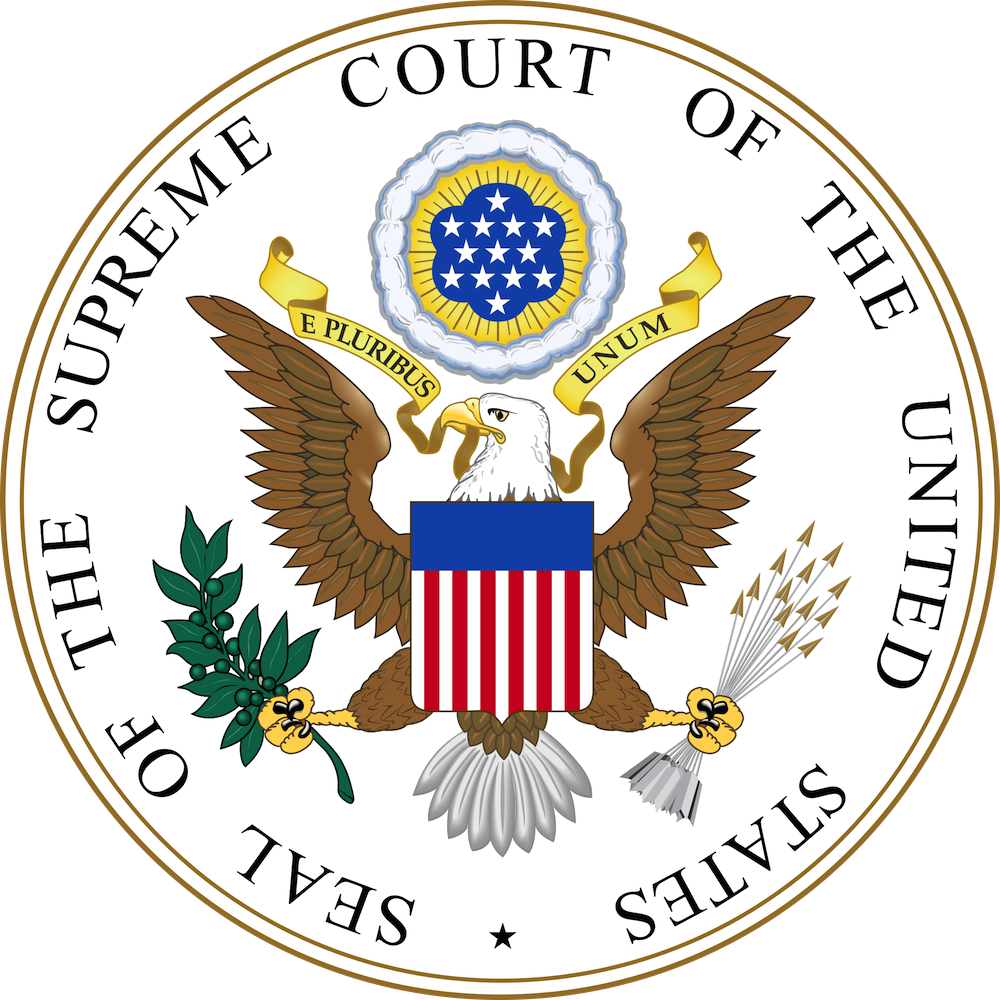Law Enforcement "Crippled" by Supreme Court Protecting Privacy
posted Friday Jun 22, 2018 by Scott Ertz

A Supreme Court decision this week enforced a law that has been on the books since shortly after the creation of the United States: The Fourth Amendment of the US Constitution. For anyone unfamiliar, this Amendment prevents unreasonable searches and seizures. In other words, law enforcement cannot collect anything that belongs to you without a judge's permission, ala a warrant.
Over the past number of years, it was believed by law enforcement that the usage of technology essentially meant that the user had given up their legal rights. Obviously, this is a conversation that has been had in both public and private among most people in the country, usually spurred by issues like Facebook privacy issues. However, it never seems to be something that makes enough of an impact within the government, especially the Executive branch, to change the landscape.
The case that re-enforced the Constitution revolves around an instance in 2011 in which law enforcement collected hundreds of days worth of GPS data about a suspect in a robbery in Detroit. This data was collected and compiled without a judge's permission, bringing up privacy and Constitutional law questions, which is how it finally ended up in the highest court in the land. The case got to the Supreme Court after a previous decision by the Sixth Circuit Court of Appeals had ruled that location data was not protected data.
The ruling, which came in as a 5-4 decision, is a landmark decision which makes location data protected. Chief Justice John Roberts wrote,
The government's position fails to contend with the seismic shifts in digital technology that made possible the tracking of not only Carpenter's location but also everyone else's, not for a short period but for years and years.
It's important to note that the headline is sarcastic, as law enforcement is not at all crippled by this decision. This is no different from needing a warrant to enter a building or taking a computer suspected of containing criminal data. It's definitely a win for the country that the government is recognizing that using technology does not mean that you are giving up your legal rights, especially in a time when the usage of technology is far from an option. Printed media is nearly dead, whether we like it or not, and if the act of wanting to learn, or just owning a phone means you have no legal rights, then the Constitution would have no meaning.

